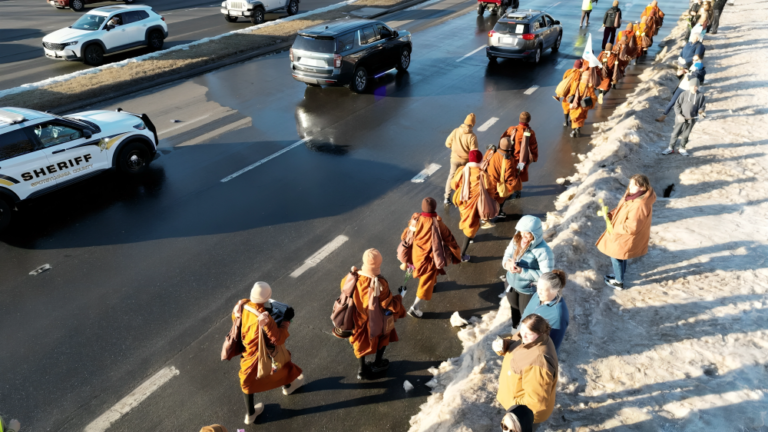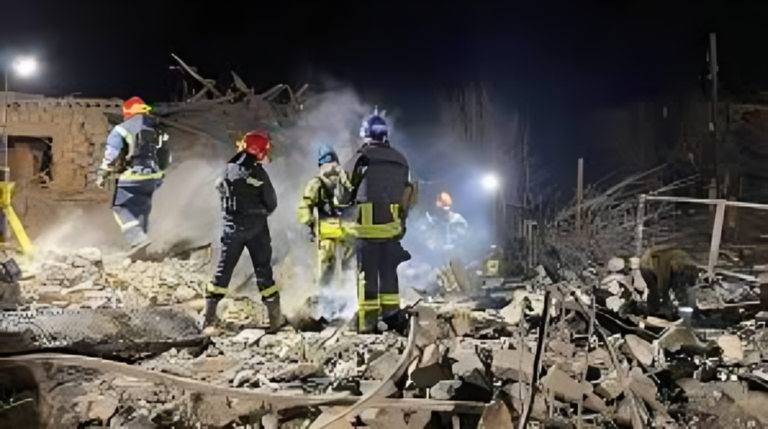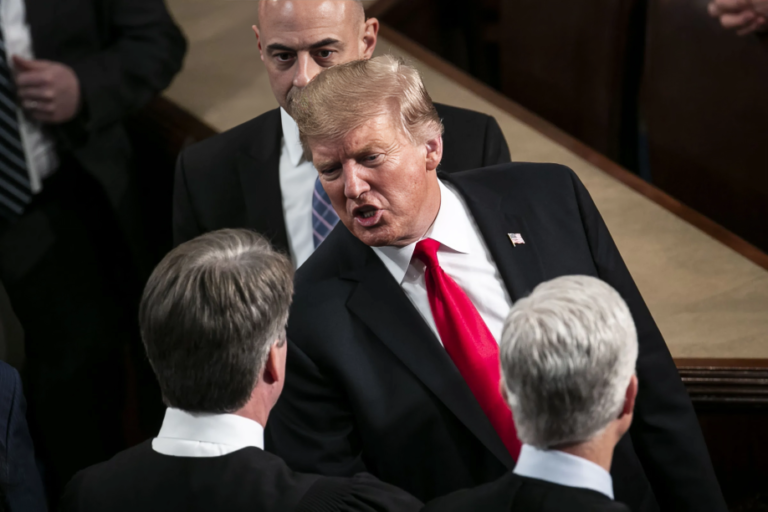Australian army whistleblower David McBride has hit a legal dead end in his bid to reduce his prison sentence, as a court dismissed his appeal on Wednesday. The 61-year-old former military lawyer, who leaked allegations of war crimes committed by Australian forces in Afghanistan, was sentenced to five years and eight months last year for sharing classified documents with journalists.
The three judges of the Australian Capital Territory Court of Appeal unanimously upheld the severity of McBride’s sentence, rejecting his argument that his oath as a military officer to serve the Queen and the public should have guided his actions. Instead, the court emphasized that McBride’s duty was to act “according to the law,” a standard he allegedly breached.
Through his lawyers, McBride expressed frustration and vowed that Australians would be outraged by the decision. “It is my own conscience and the people of Australia that I answer to,” he stated, asserting that he kept his oath to serve the Australian people.
McBride pleaded guilty last year to charges including theft and releasing secret documents, facing the prospect of a life sentence. Rights advocates argue that he remains the only person imprisoned over allegations related to war crimes by elite Australian special forces in Afghanistan from 2005 to 2016.
A 2020 military report recommended criminal investigations into 19 current and former soldiers over 39 unlawful killings in Afghanistan. Among those facing legal action is Oliver Schulz, a former Special Air Service Regiment soldier charged in March 2023 with murdering an unarmed Afghan in 2012. Schulz has pleaded not guilty and awaits trial.
Meanwhile, Ben Roberts-Smith, Australia’s most decorated living veteran, recently lost a civil court appeal over the unlawful killing of four unarmed Afghans. Roberts-Smith plans to challenge the ruling in the High Court, which his lawyers argue is the appropriate forum for dealing with the constitutional and public interest issues at stake.
McBride’s legal team also announced plans to appeal to the High Court, asserting that “it cannot be a crime to expose a crime” and “it cannot be illegal to tell the truth.” The ongoing cases highlight the complex tension between national security, military accountability, and the public’s right to know.










+ There are no comments
Add yours